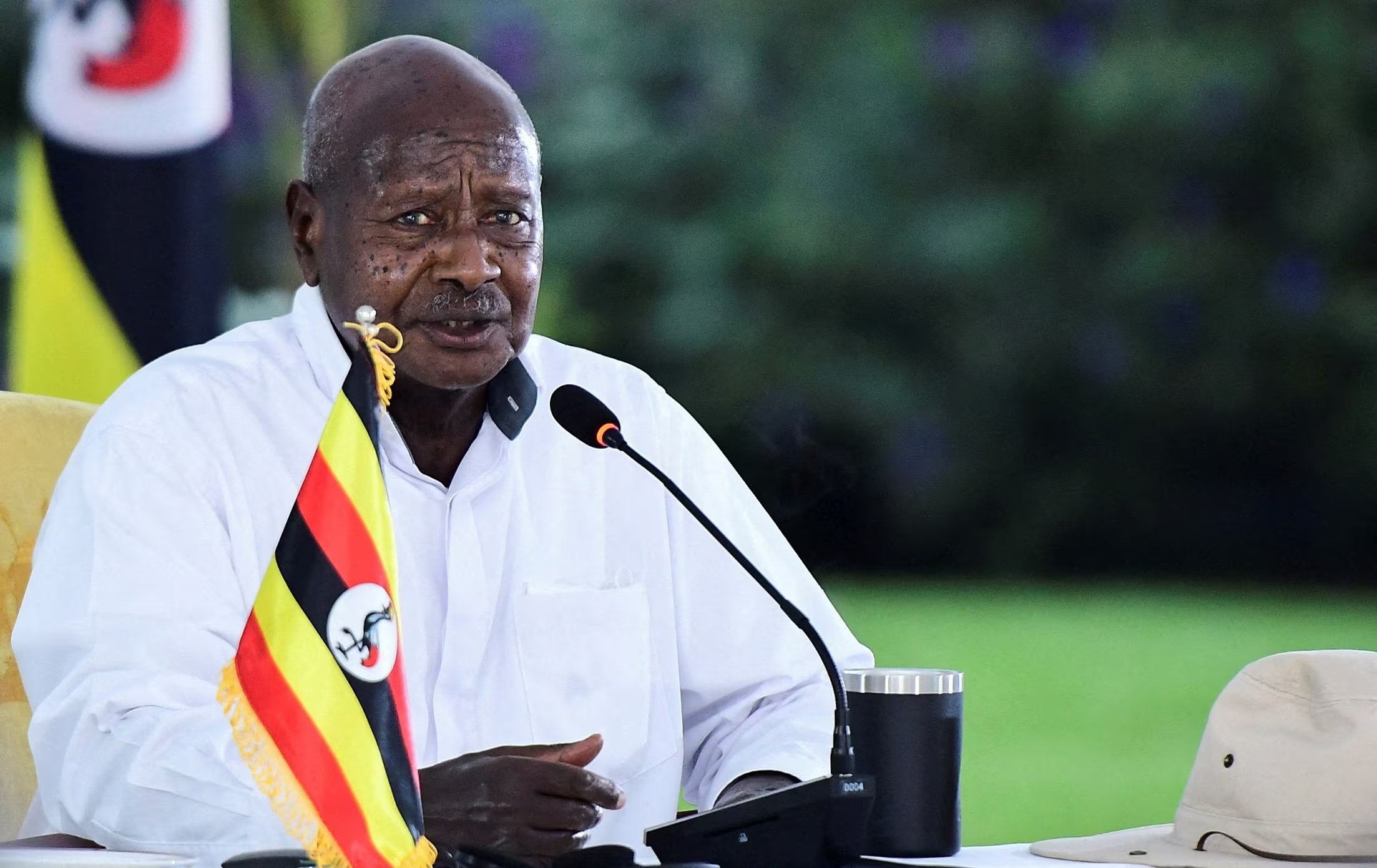
Museveni Signs Law Permitting Civilians to Face Military Trials
President Yoweri Museveni of Uganda has signed legislation permitting civilians to be tried in military courts, in violation of a Supreme Court decision.
Human rights organizations and opposition politicians have strongly criticized Ugandan President Yoweri Museveni’s signing of a contentious measure that permits civilians to be tried by military tribunals, claiming that it is in direct contravention to a Supreme Court decision earlier this year.
Using the social media platform X, Parliament announced on Monday that President @KagutaMuseveni had approved the Uganda Peoples’ Defence Forces (Amendment) Act, 2025.
The Supreme Court ruled that the military prosecution of civilians was unconstitutional after a number of legal challenges, but the legislation, which was passed by MPs last month, essentially reinstates the practice. As a result of that decision, prominent cases were moved from military to civilian tribunals, including one against longtime opposition leader Kizza Besigye.
Rights activists have frequently charged that the Museveni administration targets political opponents and uses military courts to stifle criticism. The administration maintains, however, that military prosecution is limited to citizens who engage in armed political violence.
According to the army’s spokeswoman, the new rule will aid in “preventing the establishment of militant political organizations that aim to undermine democratic procedures.”
Opposition leaders, however, contend that the new law contradicts the court’s ruling and jeopardizes citizens’ fundamental rights. Legal experts say that if citizens submit a petition contesting the new law, the courts in Uganda might be called upon once more to step in.
Uganda has been headed by President Museveni since 1986, and he is anticipated to run for reelection the following year. His most well-known opponent, former pop singer and opposition leader Bobi Wine, was once accused of unlawfully possessing firearms by a military court; however, the allegations were ultimately withdrawn in the face of widespread public protest and international censure.
All Categories
Recent Posts
Tags
+13162306000
zoneyetu@yahoo.com


